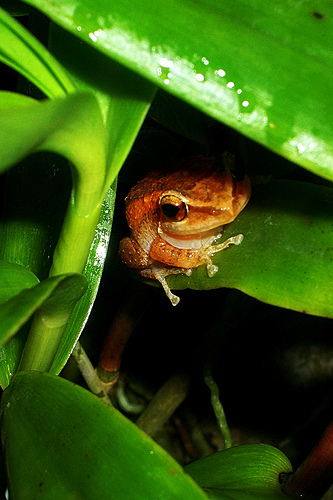I’m happy to teach another session on Tuesday of the workshop I did today (Monday), “Building Online Archives with Omeka. Here’s the description:
Omeka is a simple system used by scholarly archives, libraries, and museums all over the world to manage and describe digital images, audio files, videos, and texts; to put such digital objects online in a searchable databases; and to create attractive, customizable web exhibits from them. In this introduction to Omeka, you’ll create your own digital archive of images, audio, video, and texts that meets scholarly metadata standards and creates a search engine-optimized website. We’ll go over the difference between the hosted version of Omeka and the open source server-side version of Omeka, and we’ll learn about the Dublin Core metadata standard for describing digital objects.

About Amanda French
(Please ask any THATCamp questions on the THATCamp forums at http://thatcamp.org/forums -- I'm no longer THATCamp Coordinator.)
I am now a member of the THATCamp Council, and I am the former THATCamp Coordinator and Research Assistant Professor at the Roy Rosenzweig Center for History and New Media at George Mason University, in which capacity I provided support for THATCamp organizers and participants, maintained http://thatcamp.org, traveled to some (not all!) THATCamps, and directed large-scale projects such as the Proceedings of THATCamp. Before that, I worked with the NYU Archives and Public History program on an NHPRC-funded project to create a model digital curriculum for historian-archivists. I held the Council on Library and Information Resources Postdoctoral Fellowship at NCSU Libraries from 2004 to 2006, and afterward taught graduate and undergraduate courses at NCSU in Victorian literature and poetry as well as in the digital humanities and in advanced academic research methods. At the University of Virginia, while earning my doctorate in English, I encoded texts in first SGML and then XML for the Rossetti Archive and the Electronic Text Center. My 2004 dissertation was a history of the villanelle, the poetic form of Dylan Thomas' "Do not go gentle into that good night" and Elizabeth Bishop's "One Art."



 foto de
foto de 